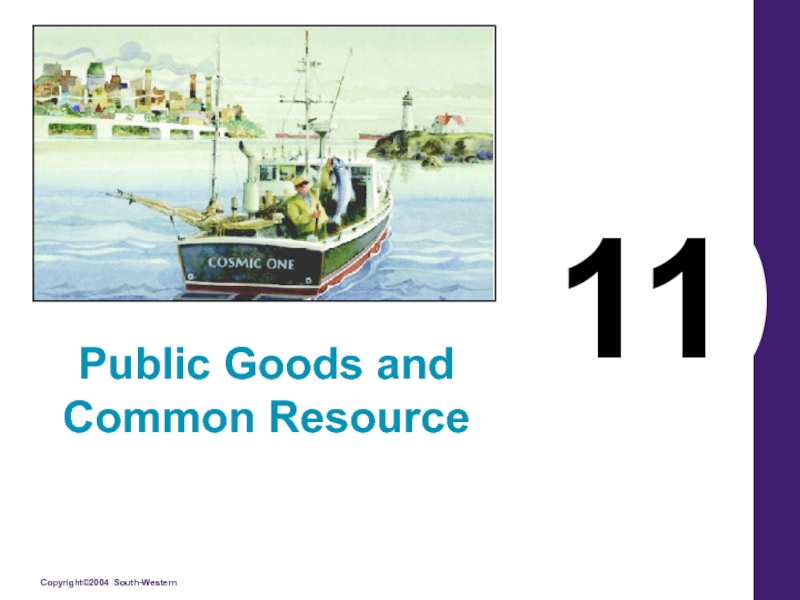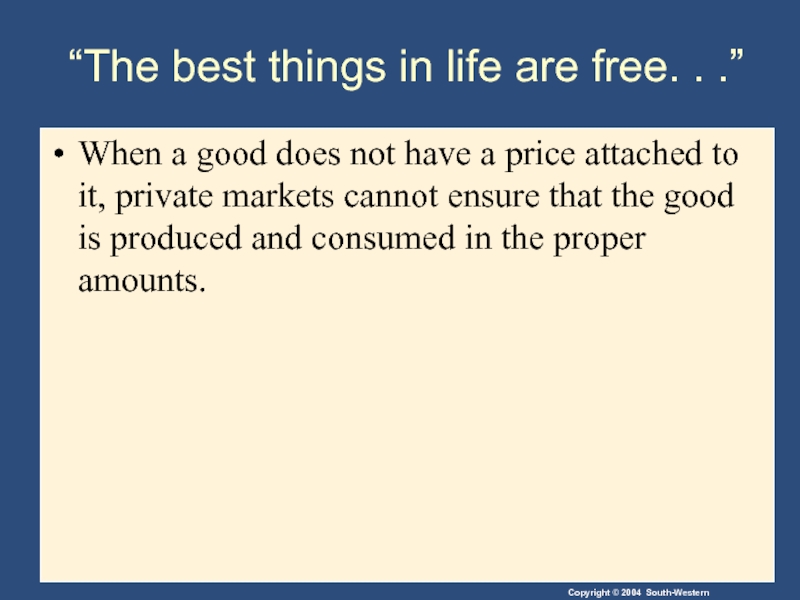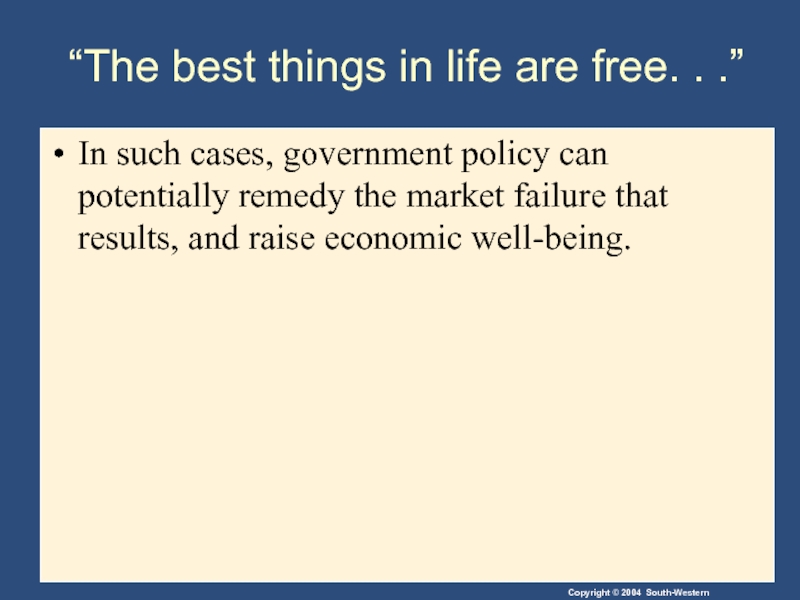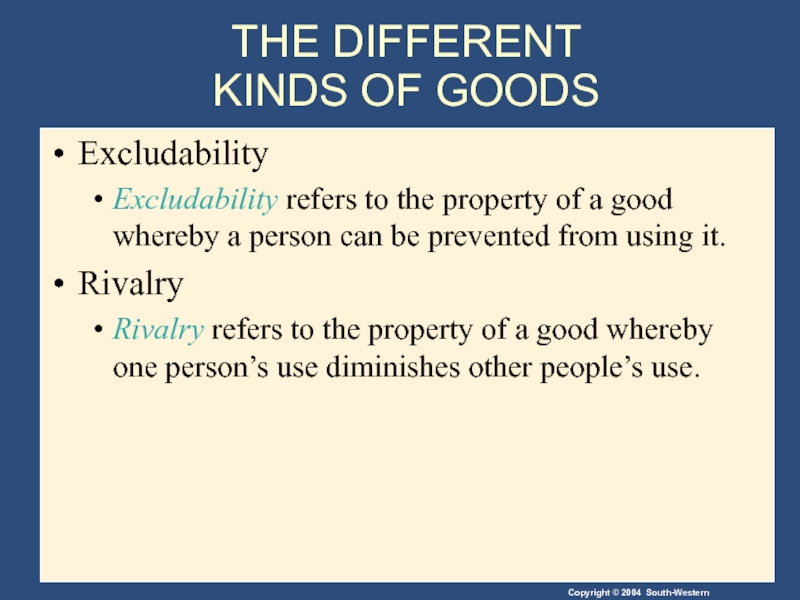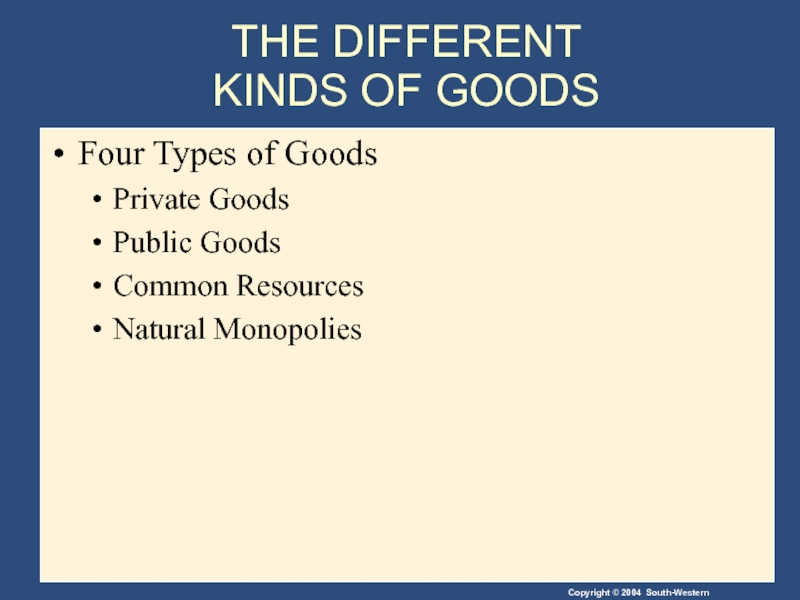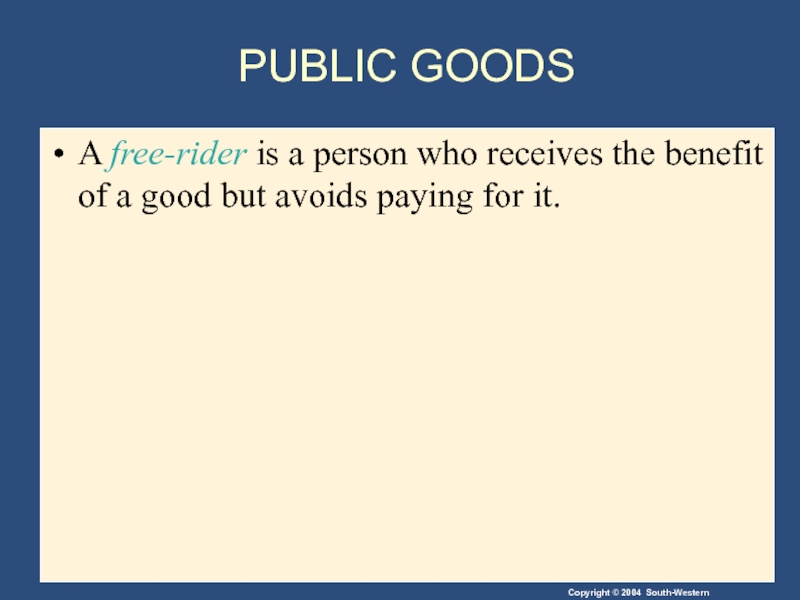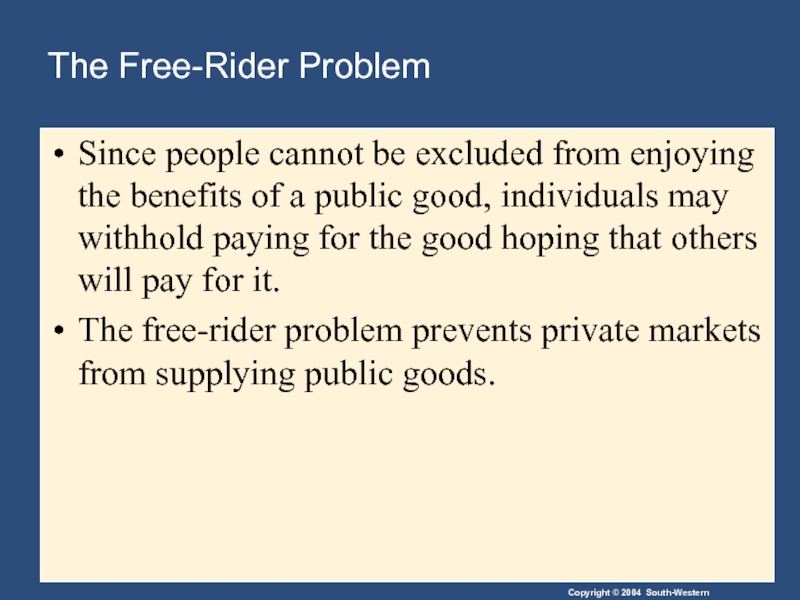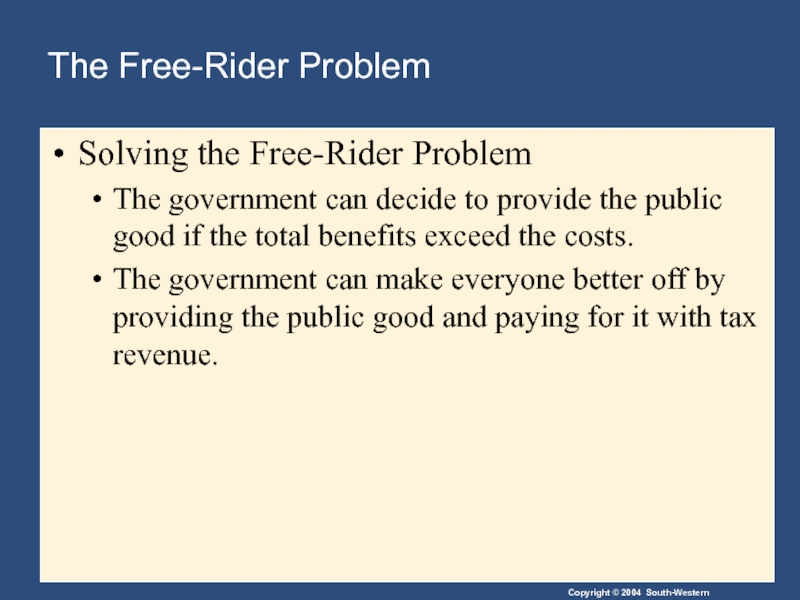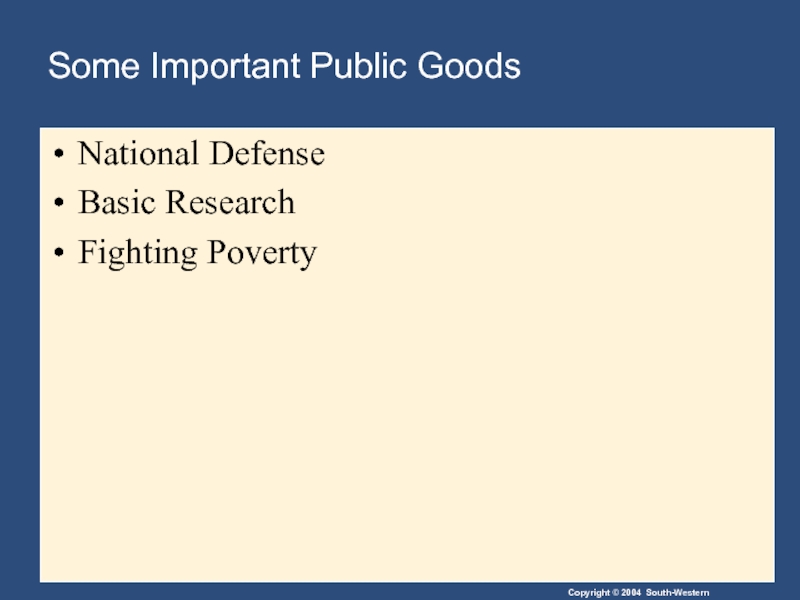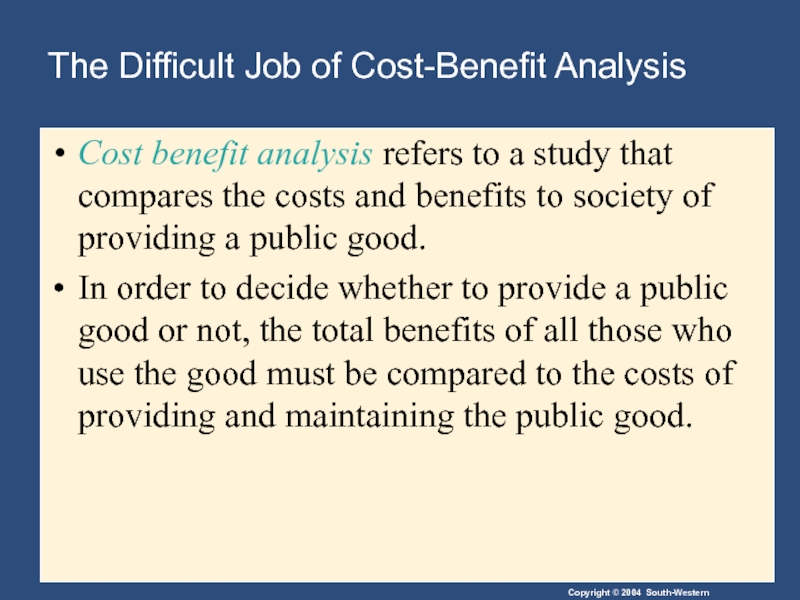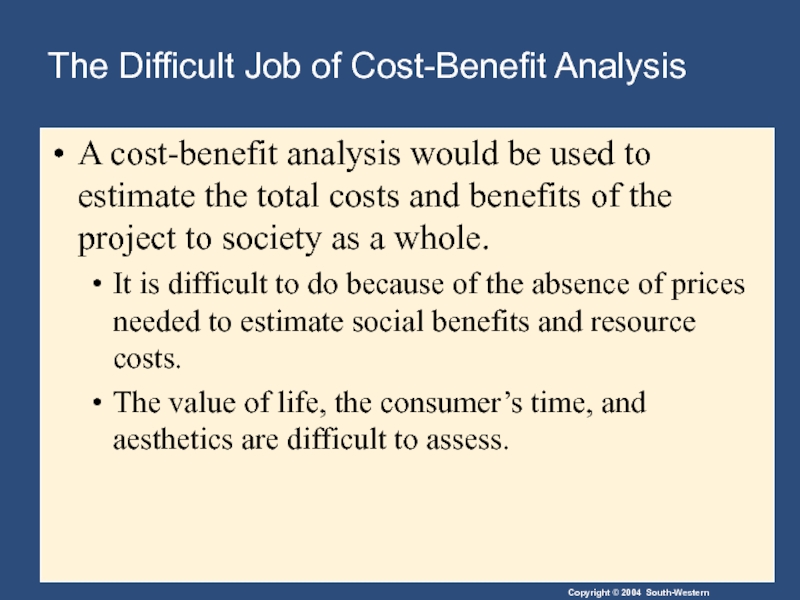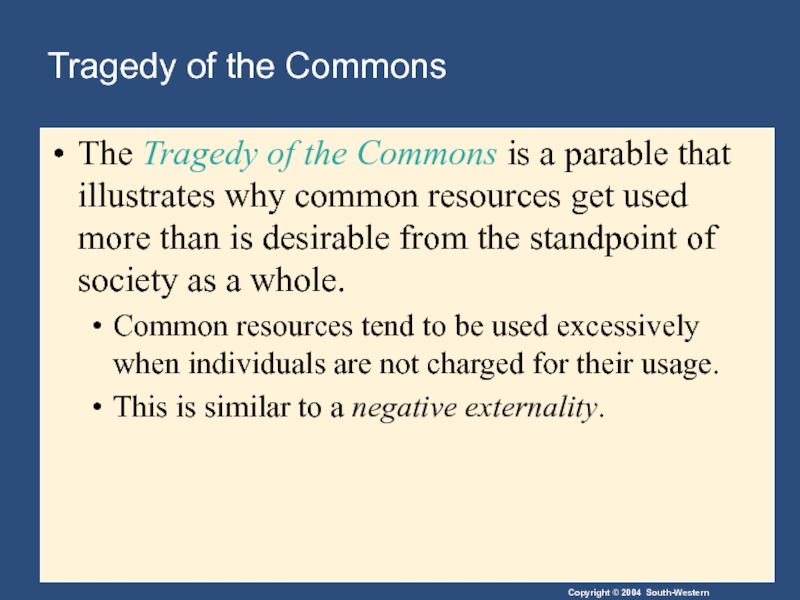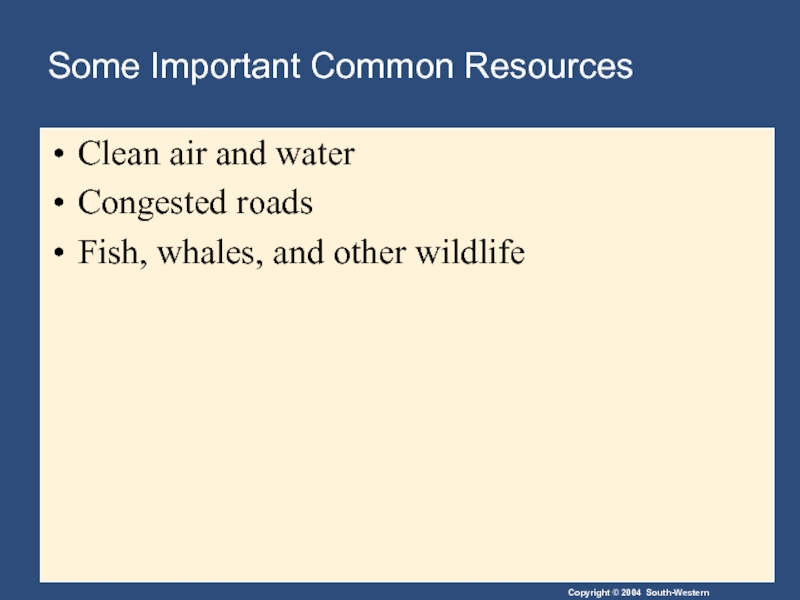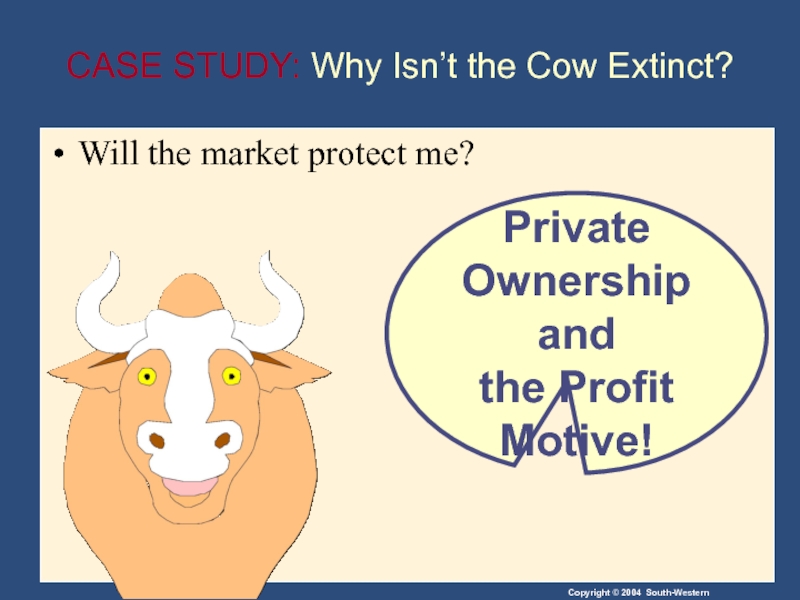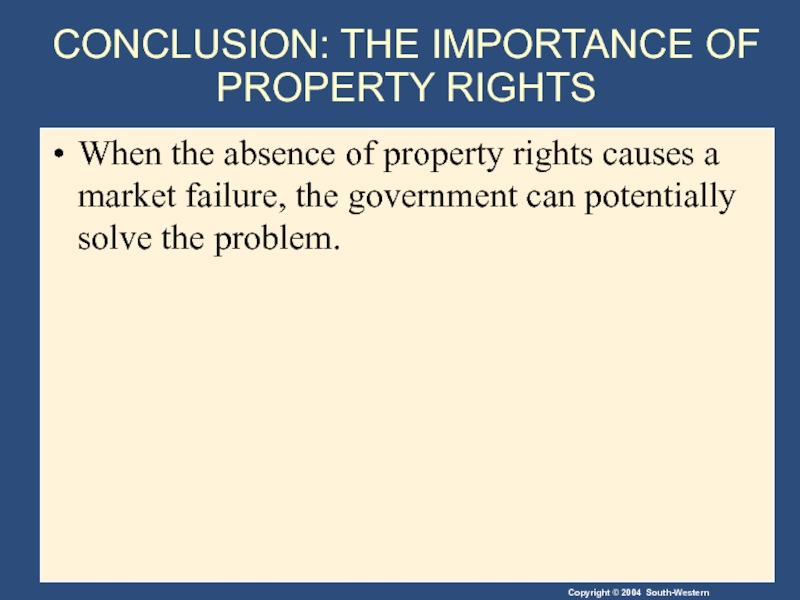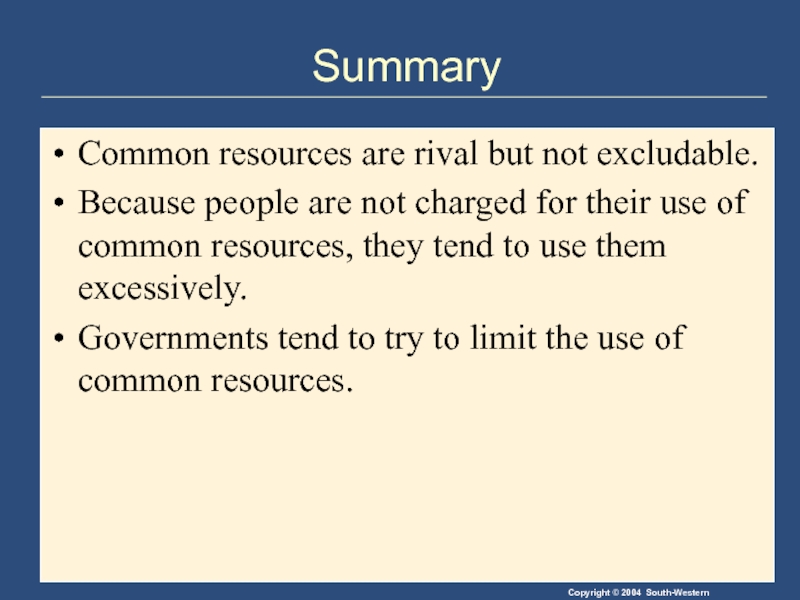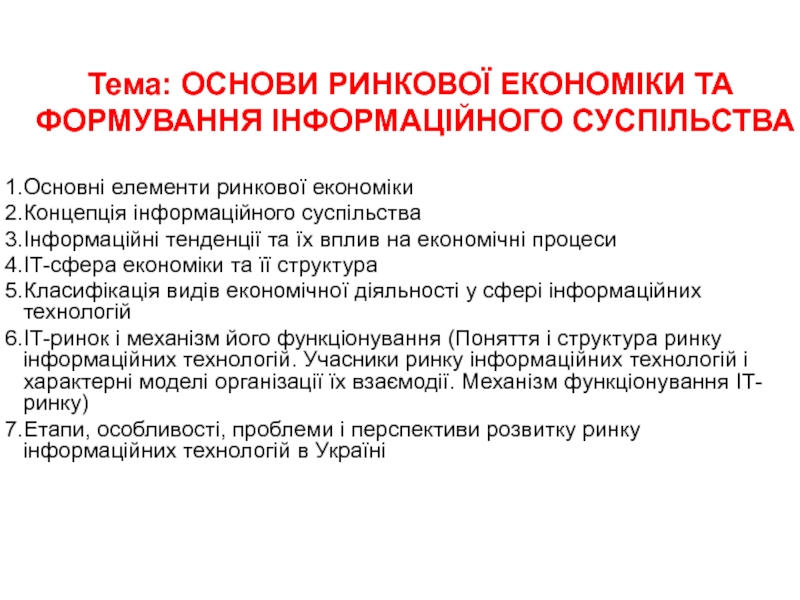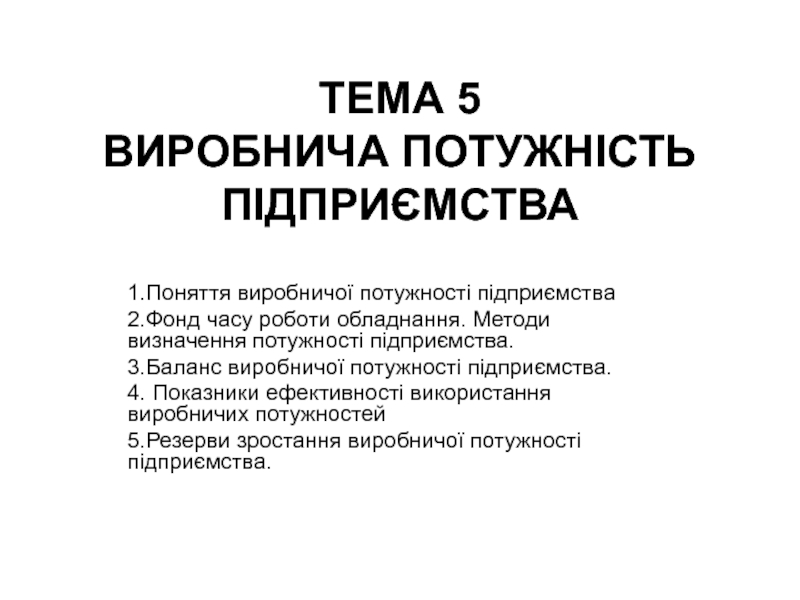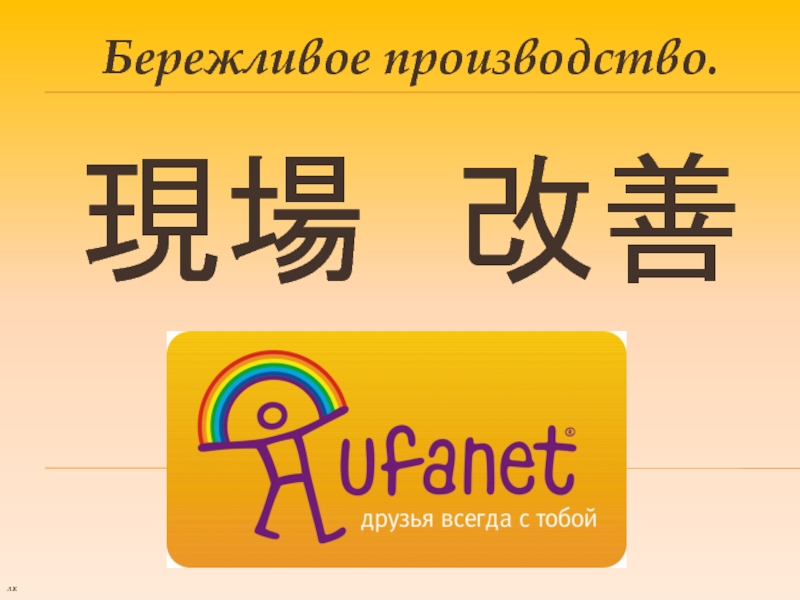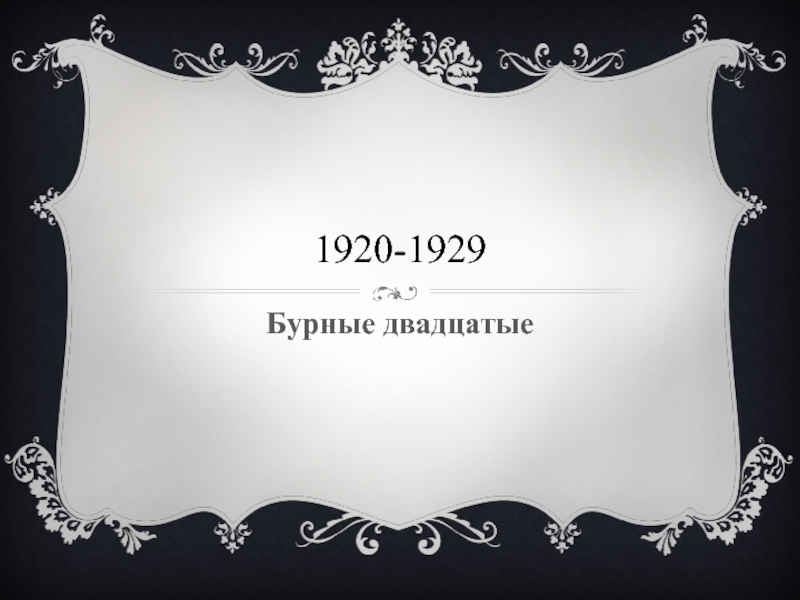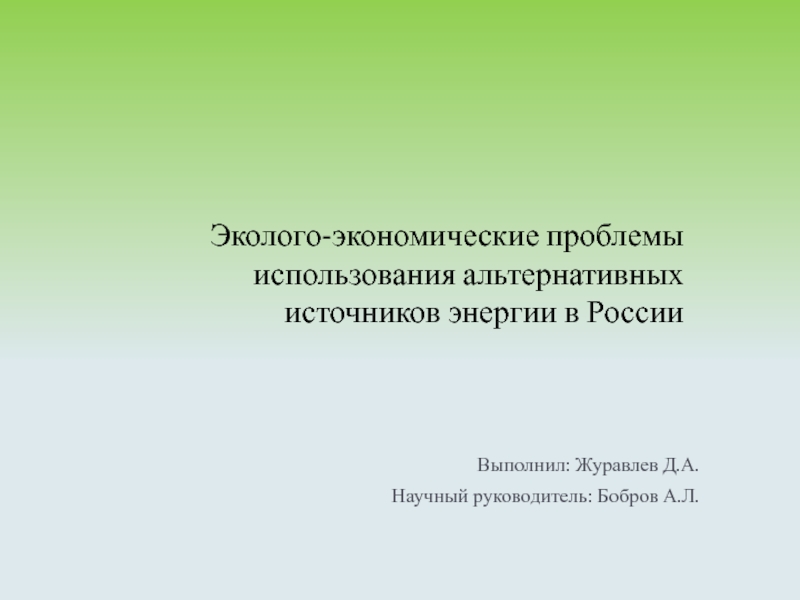- Главная
- Разное
- Дизайн
- Бизнес и предпринимательство
- Аналитика
- Образование
- Развлечения
- Красота и здоровье
- Финансы
- Государство
- Путешествия
- Спорт
- Недвижимость
- Армия
- Графика
- Культурология
- Еда и кулинария
- Лингвистика
- Английский язык
- Астрономия
- Алгебра
- Биология
- География
- Детские презентации
- Информатика
- История
- Литература
- Маркетинг
- Математика
- Медицина
- Менеджмент
- Музыка
- МХК
- Немецкий язык
- ОБЖ
- Обществознание
- Окружающий мир
- Педагогика
- Русский язык
- Технология
- Физика
- Философия
- Химия
- Шаблоны, картинки для презентаций
- Экология
- Экономика
- Юриспруденция
Public Goods and Common Resource презентация
Содержание
- 1. Public Goods and Common Resource
- 2. “The best things in life are free.
- 3. “The best things in life are free.
- 4. “The best things in life are free.
- 5. “The best things in life are free.
- 6. THE DIFFERENT KINDS OF GOODS When
- 7. THE DIFFERENT KINDS OF GOODS
- 8. THE DIFFERENT KINDS OF GOODS Four
- 9. THE DIFFERENT KINDS OF GOODS Private
- 10. Figure 1 Four Types of Goods Copyright
- 11. PUBLIC GOODS A free-rider is a person
- 12. The Free-Rider Problem Since people cannot be
- 13. The Free-Rider Problem Solving the Free-Rider
- 14. Some Important Public Goods National Defense Basic Research Fighting Poverty
- 15. CASE STUDY: Are Lighthouses Public Goods?
- 16. The Difficult Job of Cost-Benefit Analysis Cost
- 17. The Difficult Job of Cost-Benefit Analysis A
- 18. COMMON RESOURCES Common resources, like public goods,
- 19. COMMON RESOURCES Common resources are rival goods
- 20. Tragedy of the Commons The Tragedy of
- 21. Some Important Common Resources Clean air and water Congested roads Fish, whales, and other wildlife
- 22. CASE STUDY: Why Isn’t the Cow Extinct?
- 23. CONCLUSION: THE IMPORTANCE OF PROPERTY RIGHTS The
- 24. CONCLUSION: THE IMPORTANCE OF PROPERTY RIGHTS When
- 25. Summary Goods differ in whether they are
- 26. Summary Public goods are neither rival nor
- 27. Summary Common resources are rival but not
Слайд 2“The best things in life are free. . .”
Free goods provide
a special challenge for economic analysis.
Most goods in our economy are allocated in markets…
Most goods in our economy are allocated in markets…
Слайд 3“The best things in life are free. . .”
When goods are
available free of charge, the market forces that normally allocate resources in our economy are absent.
Слайд 4“The best things in life are free. . .”
When a good
does not have a price attached to it, private markets cannot ensure that the good is produced and consumed in the proper amounts.
Слайд 5“The best things in life are free. . .”
In such cases,
government policy can potentially remedy the market failure that results, and raise economic well-being.
Слайд 6THE DIFFERENT
KINDS OF GOODS
When thinking about the various goods in
the economy, it is useful to group them according to two characteristics:
Is the good excludable?
Is the good rival?
Is the good excludable?
Is the good rival?
Слайд 7THE DIFFERENT
KINDS OF GOODS
Excludability
Excludability refers to the property of
a good whereby a person can be prevented from using it.
Rivalry
Rivalry refers to the property of a good whereby one person’s use diminishes other people’s use.
Rivalry
Rivalry refers to the property of a good whereby one person’s use diminishes other people’s use.
Слайд 8THE DIFFERENT
KINDS OF GOODS
Four Types of Goods
Private Goods
Public Goods
Common Resources
Natural
Monopolies
Слайд 9THE DIFFERENT
KINDS OF GOODS
Private Goods
Are both excludable and rival.
Public Goods
Are
neither excludable nor rival.
Common Resources
Are rival but not excludable.
Natural Monopolies
Are excludable but not rival.
Common Resources
Are rival but not excludable.
Natural Monopolies
Are excludable but not rival.
Слайд 10Figure 1 Four Types of Goods
Copyright © 2004 South-Western
Rival?
Yes
Yes
No
Private Goods
Natural Monopolies
No
Excludable?
Common
Resources
Public Goods
Слайд 11PUBLIC GOODS
A free-rider is a person who receives the benefit of
a good but avoids paying for it.
Слайд 12The Free-Rider Problem
Since people cannot be excluded from enjoying the benefits
of a public good, individuals may withhold paying for the good hoping that others will pay for it.
The free-rider problem prevents private markets from supplying public goods.
The free-rider problem prevents private markets from supplying public goods.
Слайд 13The Free-Rider Problem
Solving the Free-Rider Problem
The government can decide to
provide the public good if the total benefits exceed the costs.
The government can make everyone better off by providing the public good and paying for it with tax revenue.
The government can make everyone better off by providing the public good and paying for it with tax revenue.
Слайд 16The Difficult Job of Cost-Benefit Analysis
Cost benefit analysis refers to a
study that compares the costs and benefits to society of providing a public good.
In order to decide whether to provide a public good or not, the total benefits of all those who use the good must be compared to the costs of providing and maintaining the public good.
In order to decide whether to provide a public good or not, the total benefits of all those who use the good must be compared to the costs of providing and maintaining the public good.
Слайд 17The Difficult Job of Cost-Benefit Analysis
A cost-benefit analysis would be used
to estimate the total costs and benefits of the project to society as a whole.
It is difficult to do because of the absence of prices needed to estimate social benefits and resource costs.
The value of life, the consumer’s time, and aesthetics are difficult to assess.
It is difficult to do because of the absence of prices needed to estimate social benefits and resource costs.
The value of life, the consumer’s time, and aesthetics are difficult to assess.
Слайд 18COMMON RESOURCES
Common resources, like public goods, are not excludable. They are
available free of charge to anyone who wishes to use them.
Слайд 19COMMON RESOURCES
Common resources are rival goods because one person’s use of
the common resource reduces other people’s use.
Слайд 20Tragedy of the Commons
The Tragedy of the Commons is a parable
that illustrates why common resources get used more than is desirable from the standpoint of society as a whole.
Common resources tend to be used excessively when individuals are not charged for their usage.
This is similar to a negative externality.
Common resources tend to be used excessively when individuals are not charged for their usage.
This is similar to a negative externality.
Слайд 21Some Important Common Resources
Clean air and water
Congested roads
Fish, whales, and other
wildlife
Слайд 22CASE STUDY: Why Isn’t the Cow Extinct?
Will the market protect me?
Private
Ownership
and
the Profit
Motive!
the Profit
Motive!
Слайд 23CONCLUSION: THE IMPORTANCE OF PROPERTY RIGHTS
The market fails to allocate resources
efficiently when property rights are not well-established (i.e. some item of value does not have an owner with the legal authority to control it).
Слайд 24CONCLUSION: THE IMPORTANCE OF PROPERTY RIGHTS
When the absence of property rights
causes a market failure, the government can potentially solve the problem.
Слайд 25Summary
Goods differ in whether they are excludable and whether they are
rival.
A good is excludable if it is possible to prevent someone from using it.
A good is rival if one person’s enjoyment of the good prevents other people from enjoying the same unit of the good.
A good is excludable if it is possible to prevent someone from using it.
A good is rival if one person’s enjoyment of the good prevents other people from enjoying the same unit of the good.
Слайд 26Summary
Public goods are neither rival nor excludable.
Because people are not charged
for their use of public goods, they have an incentive to free ride when the good is provided privately.
Governments provide public goods, making quantity decisions based upon cost-benefit analysis.
Governments provide public goods, making quantity decisions based upon cost-benefit analysis.
Слайд 27Summary
Common resources are rival but not excludable.
Because people are not charged
for their use of common resources, they tend to use them excessively.
Governments tend to try to limit the use of common resources.
Governments tend to try to limit the use of common resources.
